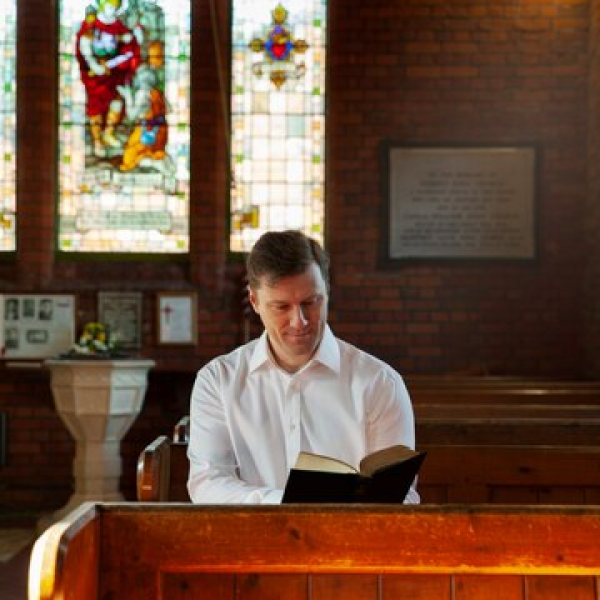
The Art of Giving Anonymously: Taking a Page from the Early Church (Acts 4:32-37)
The Art of Giving Anonymously: Taking a Page from the Early Church (Acts 4:32-37) The narrative of the early Christian community is a tale of unyielding faith, radical love, and profound generosity. Within the pages…
The Art of Giving Anonymously: Taking a Page from the Early Church (Acts 4:32-37)
The narrative of the early Christian community is a tale of unyielding faith, radical love, and profound generosity. Within the pages of the Book of Acts, we find a community that aspired to exemplify the heart of Christ in every aspect of life, including their approach to possessions and giving. As we delve into the account of the early church, particularly the remarkable generosity depicted in Acts 4:32-37, we uncover the transformative power of giving anonymously.
A Community United
Acts 4:32-37 provides a powerful glimpse into the lives of the early believers:
“All the believers were one in heart and mind. No one claimed that any of their possessions was their own, but they shared everything they had. With great power the apostles continued to testify to the resurrection of the Lord Jesus. And God’s grace was so powerfully at work in them all that there were no needy persons among them. For from time to time those who owned land or houses sold them, brought the money from the sales and put it at the apostles’ feet, and it was distributed to anyone who had need.”
From here, we take profound lessons in divesting oneself of personal glory and instead giving in a way that holds only the beneficiaries and the glory of God in mind.
The Motive Behind Anonymity
The early Christians didn’t give for recognition or accolades; they gave out of a pure desire to meet the needs of their brothers and sisters. This capacity for selfless giving challenges us to examine why and how we give today. In Matthew 6:3-4, Jesus teaches, “But when you give to the needy, do not let your left hand know what your right hand is doing, so that your giving may be in secret. And your Father, who sees what is done in secret, will reward you.”

Practicing Anonymous Giving
In an era where acts of generosity are often publicized on social media and lauded in public ceremonies, the practice of anonymous giving seems to be a lost art. Yet, there is a peculiar joy and freedom in giving without the expectation of recognition—a reflection of the grace we have received from God.
Anonymity in the Digital Age
With technology at our fingertips, the challenge of anonymous giving might seem more complex. However, technology, including secure giving platforms like those provided by DonorWerx, can also facilitate anonymity in donations. Whether it is supporting a missionary without disclosing your identity or funding a church project without fanfare, modern solutions allow for private generosity while maintaining the integrity of the gift.
The Power of Collective Anonymity
What if a whole congregation embraced the model of the early church, choosing to give generously without concern for individual recognition? Such a model promotes unity and equality, diminishing divisions based on socio-economic status and fostering a culture of mutual support and common purpose as seen in the early church.
The Impact on the Recipient
Giving anonymously removes the potential burden from the recipient of feeling indebted to the giver. It empowers the beneficiary to receive the gift as if it were directly from God’s hand. This dynamic can change the atmosphere of giving and receiving within the church, cultivating a spirit of gratitude that glorifies the Giver of all good things—God Himself.

Encouraging Each Other in Love
As church leaders and members, we can encourage and model anonymous giving within our communities. By creating opportunities for members to give secretly, we nurture an environment where the focus remains on the act of giving and the unity it fosters rather than on individual generosity.
The Legacy of Secret Giving
The early Christians’ narrative urges us to adopt a heart posture that delights in the act of giving itself, rather than in any reward or praise that may come from it. It beckons us to reconsider our modern-day transactions and interactions, to apply the timeless wisdom of the early church, and to give in a manner that echoes through eternity, regardless of whether it is known on earth. Let us take up the mantle of anonymous giving, embracing the humility and love it entails. As we walk in the footsteps of the early believers, let us sow into our communities with unseen generosity, knowing that our Father who sees what is done in secret will reward us. It is in this way that we continue to paint the picture of the Gospel through our lives—a picture where the brush strokes of our giving may be invisible to the human eye, but vivid and clear in the sight of God.